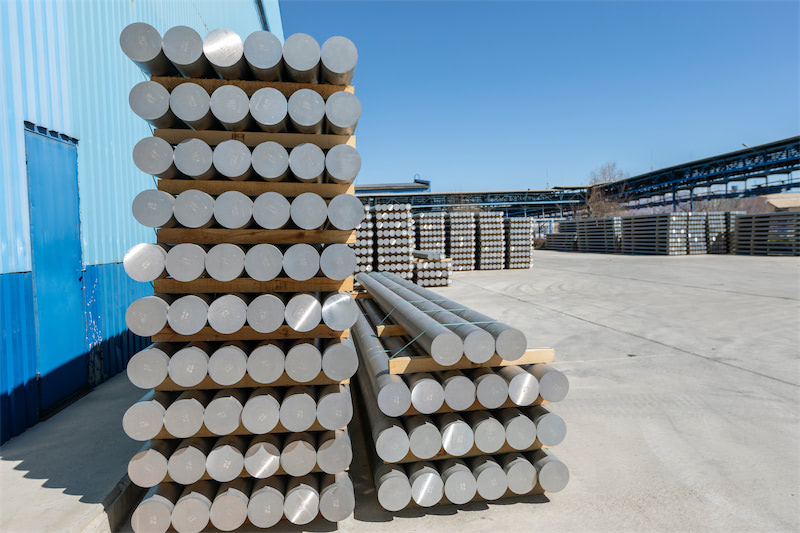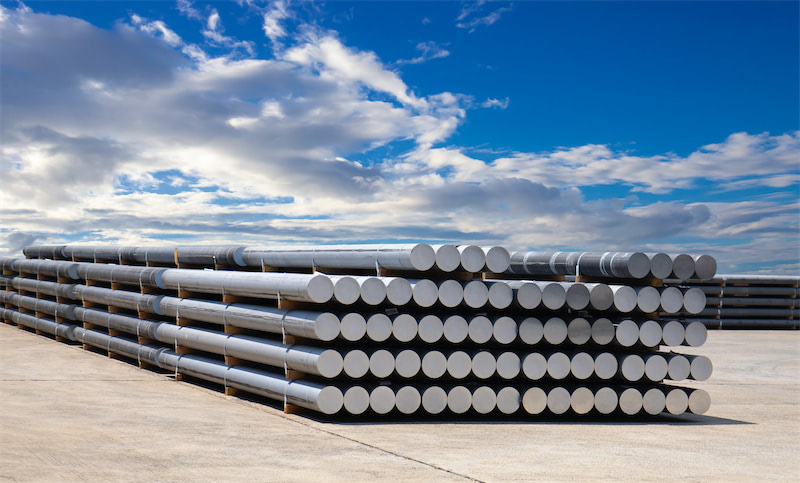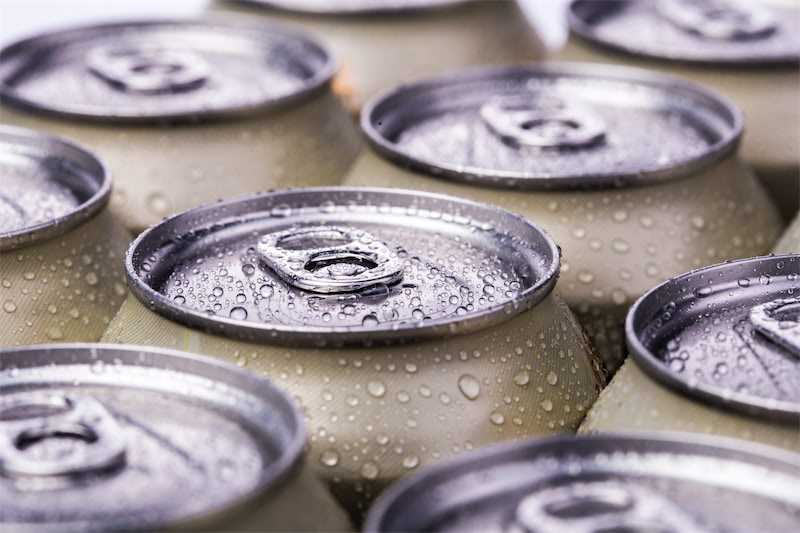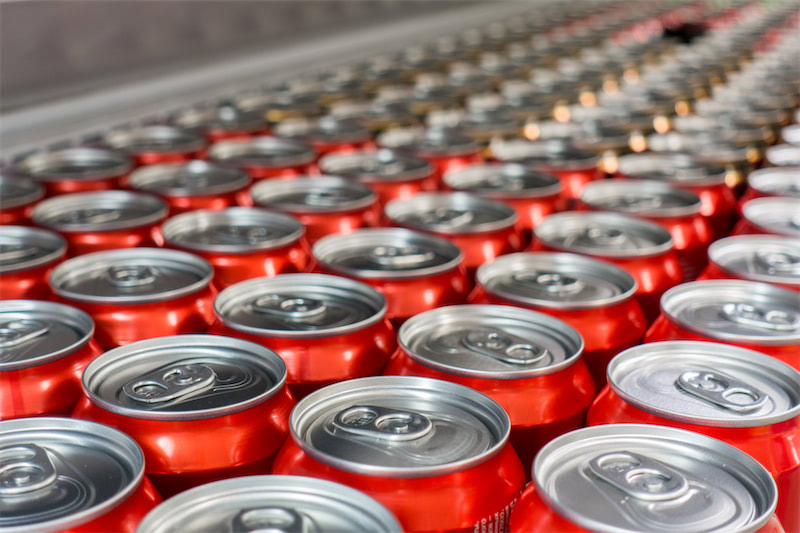SHANGHAI, Nov 17 (SMM) - The market has heard of aluminium production expansions from three leading aluminium companies entering November as follows:
On November 8, it was reported that Alcoa Corp. will restart its aluminium production lines in Australia, which have been shut down since 2009, adding 35,000 mt of capacity per year. The capacity is expected to come on stream in the third quarter of next year. This follows the plans announced in September by Alcoa and South32 Ltd. to restart the idled Alumar plant in Brazil.
On November 8, EGA Aluminium announced the completion of the expansion of the company's Al Taweelah smelter in Abu Dhabi. The expansion project will increase the smelter's capacity by approximately 78,000 mt per annum.
On November 12, LPSK (002333) announced that it intends to invest in the production lines of secondary aluminium alloy casting rods, and the total investment is expected to be 41 million yuan. The investment can increase the company's production capacity by 18,000 mt. And the aluminium alloy casting rods will be mainly used in new energy vehicles and 3C electronic products.
However, the aluminium sector, as an energy-intensive industry, has been influenced by the dual control policy of energy consumption the most. Thus why do these aluminium companies choose to expand their capacities at the point of time? SMM believes that the reasons mainly include the following several aspects.
First of all, the expansion is mainly “seduced” by the rising aluminium prices. Previously, due to the rise in aluminium prices this year, the profitability of enterprises grew significantly both in China and overseas markets. And because of the relatively low costs of overseas aluminium, their profit margin has been even greater.
Secondly, some industrial participants believe that the domestic aluminium industry will see limited capacity expansion due to energy consumption control, hence the import of aluminium ingots may become a new normal, which will strongly support the international aluminium prices. Meanwhile, domestic enterprises also have the will to invest in overseas construction of aluminium capacity.
Finally, most of the overseas aluminium is low carbon aluminium that uses wind, solar or hydro power to generate electricity. Therefore, the energy consumption is relatively low. Also, in the new climate policy and the global market transition to low carbon economy, low carbon aluminium demand will increase significantly under the predictable demand drive, which also guides the overseas aluminium enterprises’ expansion of production capacity.



